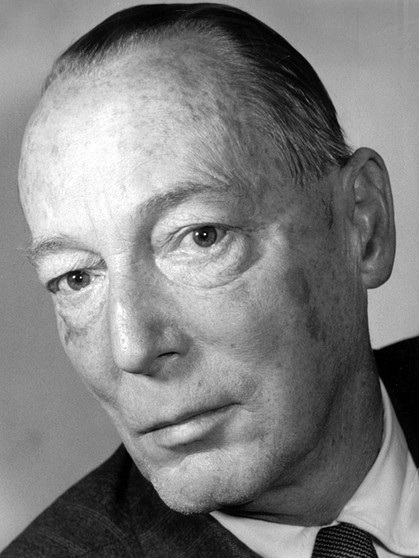Alexander Lernet-Holenia

Biographical information
| Roles | Competed in Olympic Games |
|---|---|
| Sex | Male |
| Full name | Alexander Maria Norbert•Lernet-Holenia |
| Used name | Alexander•Lernet-Holenia |
| Other names | Clemens Neydisser |
| Born | 21 October 1897 in Wien (Vienna), Wien (AUT) |
| Died | 3 July 1976 (aged 78 years 8 months 13 days) in Wien (Vienna), Wien (AUT) |
| NOC |  Austria Austria |
Biography
Austrian Alexander Lernet-Holenia began writing poems as a soldier in World War I. Three of his novels written in the 1930s were filmed. Die große Liebe (The love of my life) with Zarah Leander, commercially the most successful film of the Nazi period, was based on his idea. His most famous work Die Blaue Stunde (The Blue Hour), which described the German invasion of Poland, however, was not to be published. He was then reactivated and drafted into the reserves as a lieutenant.
At times, Lernet-Holenia published under the pseudonym Clemens Neydisser. From 1969-72 he was president of the Austrian PEN Club, but eventually resigned in protest against the award of the Nobel Prize for Literature to well-known German writer Heinrich Böll.
Lernet-Holenia was a poet, novelist, dramatist, and writer of screenplays and historical studies who produced a heterogeneous literary opus that included poetry, psychological novels, and recreational films. In 1920, he was adopted by his mother’s wealthy family, and took the double name Lernet-Holenia. Rumors that attributed biological fatherhood to a Habsburg archduke were perpetuated by biographers but were never substantiated.
His short story The Marathon was released in 1935 as one of nine stories in the anthology The New Atlantis. The author tells us why the mythical first marathon runner collapsed dead after the announcing the Greek victory over the Persians. An expanded collection containing this story was published in 1964 under the title Of Gods and Humans.
Results
| Games | Discipline (Sport) / Event | NOC / Team | Pos | Medal | As | |
|---|---|---|---|---|---|---|
| 1936 Summer Olympics | Art Competitions |  AUT AUT |
Alexander Lernet-Holenia | |||
| Literature, Epic Works, Open (Olympic) |